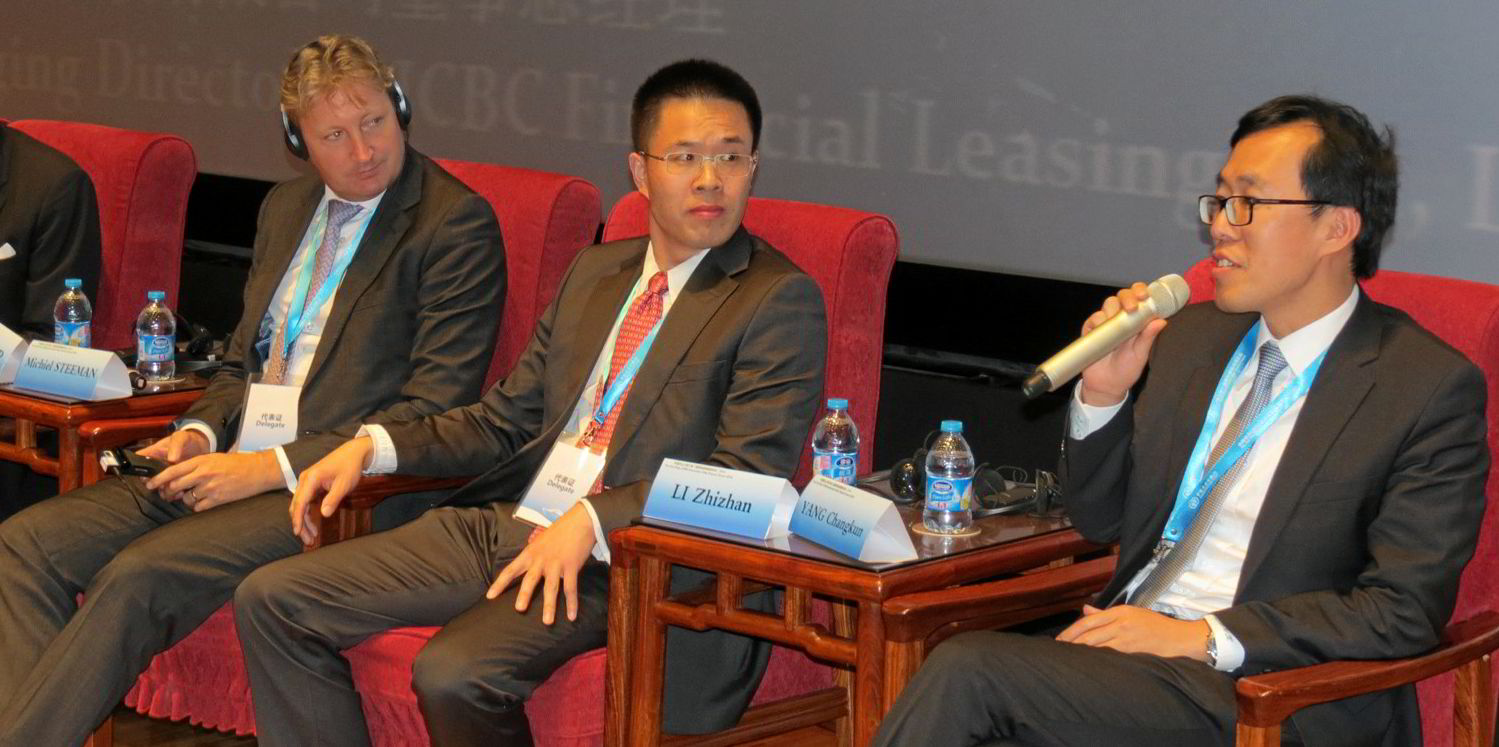Chinese leasing houses are facing challenges in ship finance, with the lowest volume of financings in memory expected for this year.
But one big name has chosen 2021 to make its entry into the sector.
Citic Financial Leasing has existed since 2015 as a renminbi-only asset financier, but shifted to an international strategy at the beginning of this year. In April, it hired Bill Guo Fangmeng away from ICBC Financial Leasing to start its new shipping portfolio.
Guo told TradeWinds he is in negotiations for three or four shipping deals, any one of which might by Citic FL's first. The deals could take the form of operating or finance leases in the dry-bulk, tanker or container sectors.
His team numbers four, and by the end of the year he expects to bring it to seven, all in front-office marketing roles.
Parent Citic Group, originally known as China International Trust Investment Corp, is a vast conglomerate with holdings in many industries.
Citic Ltd, the Hong Kong-listed entity that holds nearly all its operating subsidiaries, reported 2020 pre-tax profits of HKD 98bn ($12.6bn) on annual revenue of HKD 553bn.
It already has a shipowner in its portfolio, Cheng Xin ShipManagement, which operates 12 mini-capesize bulkers in shuttle service to Chinese ports from Citic-controlled magnetite mines in north-west Australia. Cheng Xin is unrelated to the new leasing venture.
Outside sources believe that Citic FL is still awaiting government permission to set up foreign special purpose vehicles for its dollar-denominated asset ownerships.
The inexorable growth of Chinese ship leasing slackened in 2020 and competition from traditional lenders has become keener in the past 12 months, according to several finance sources with insight into the domestic leasing market.
Shipowners that meet banks' criteria have increasingly been able to refinance assets at a much lower cost of capital than is on offer from leasing and alternative finance.
Meanwhile, the lessors have taken a hit from Covid-19 and, more importantly, from the paucity of newbuildings — one that will become clearly visible with this year's final results.
On paper, 2020 had draw-down numbers stronger than ever, but they largely reflected deals arranged the previous year.
"What we saw in 2020 was a lot of the leasing houses taking a break, especially in the second half," said one lease-finance advisor.
"The Chinese leasing houses are best at financings that have a lot of lead time — refinancings and newbuildings. But they lack the flexibility for secondhand sale-and-purchase deals. If they want to grow, they're going to have to continue improving their processes."






